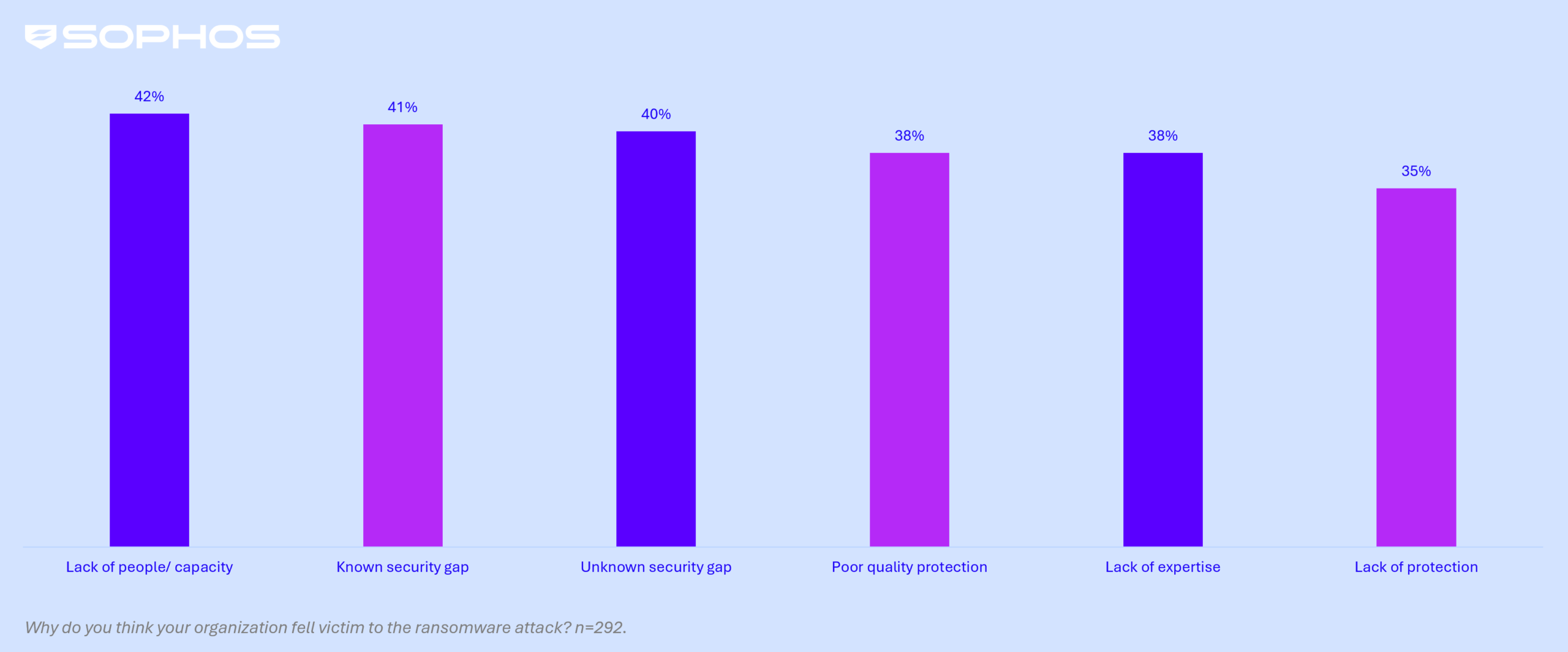A recent study highlights a concerning trend among young adults in the United States, revealing that individuals aged 18 to 21 who consume a diet high in ultra-processed foods are more likely to overeat, even after feeling full. This research, conducted by the National Institute of Health, suggests that the dietary choices of this demographic may be contributing to rising obesity rates.
The study involved a controlled environment where participants were provided with meals consisting of ultra-processed foods, such as sugary snacks and fast food. Researchers observed that these young adults consumed significantly more calories compared to those who consumed whole, minimally processed foods. The findings indicate that the high sugar and fat content in ultra-processed items might disrupt natural hunger cues, leading to overeating.
Impacts on Health and Weight
As the prevalence of obesity continues to grow, particularly among young Americans, this study serves as a crucial indicator of dietary impacts on health. According to the Centers for Disease Control and Prevention (CDC), approximately 20% of young adults in the United States are classified as obese. This alarming statistic underscores the urgent need for awareness and intervention strategies focused on dietary habits.
The research highlights that the consumption of ultra-processed foods is not only a personal health issue but also a public health concern. Nutrition experts emphasize the importance of educating young adults about making healthier food choices, as these habits formed during early adulthood can have lasting effects on long-term health.
Future Directions for Research
The implications of this study extend beyond immediate dietary changes. Further research is necessary to explore the long-term effects of ultra-processed food consumption on overall health and well-being. Experts advocate for additional studies to determine how these dietary patterns affect mental health, physical fitness, and the risk of chronic diseases.
In conclusion, the study conducted by the National Institute of Health sheds light on the urgent issue of overeating among young adults linked to ultra-processed food consumption. As obesity rates rise, addressing these dietary habits through education and policy changes may be essential in fostering healthier generations. The findings not only emphasize the need for individuals to reconsider their food choices but also call for a broader societal effort to promote nutritional awareness.







